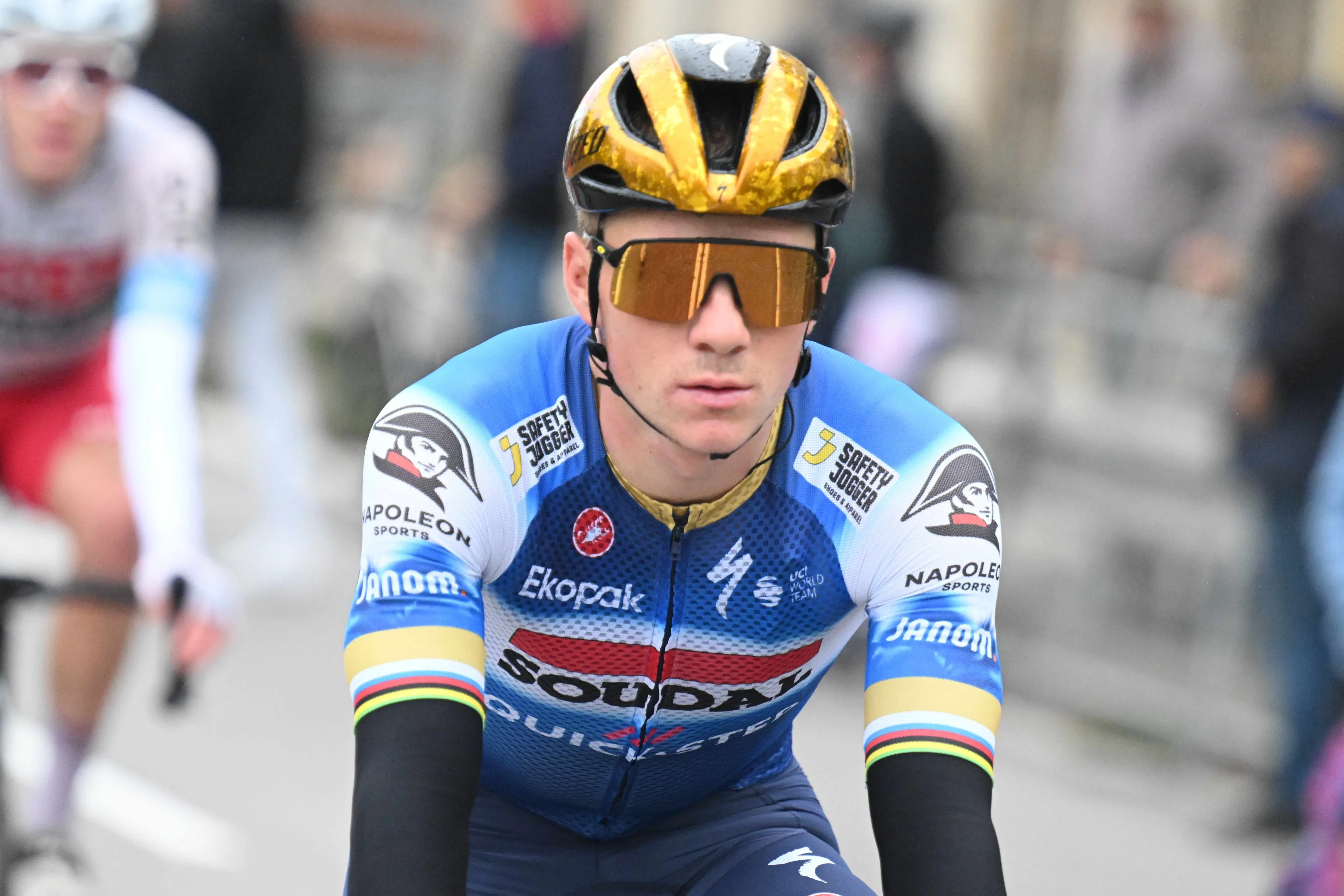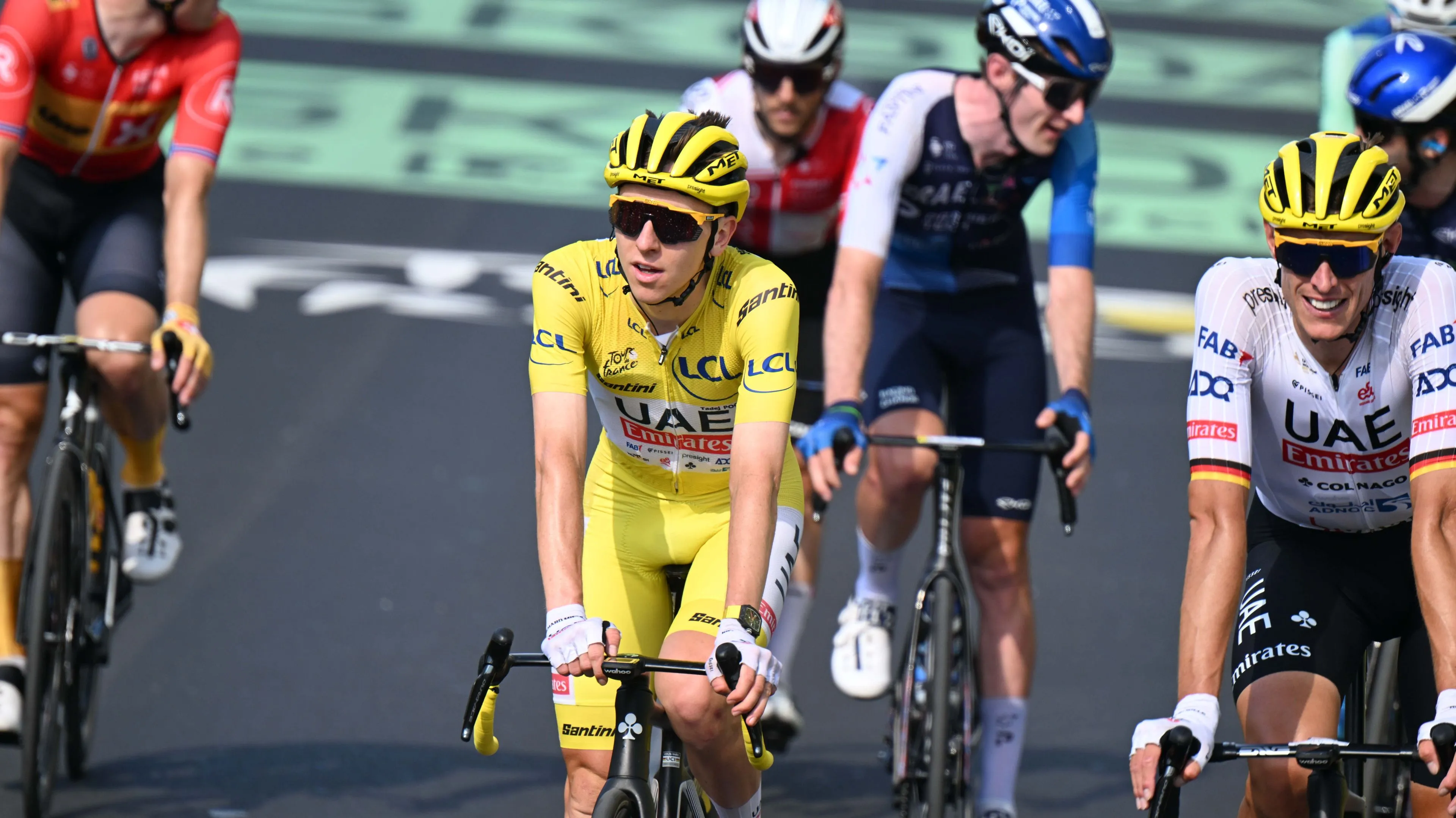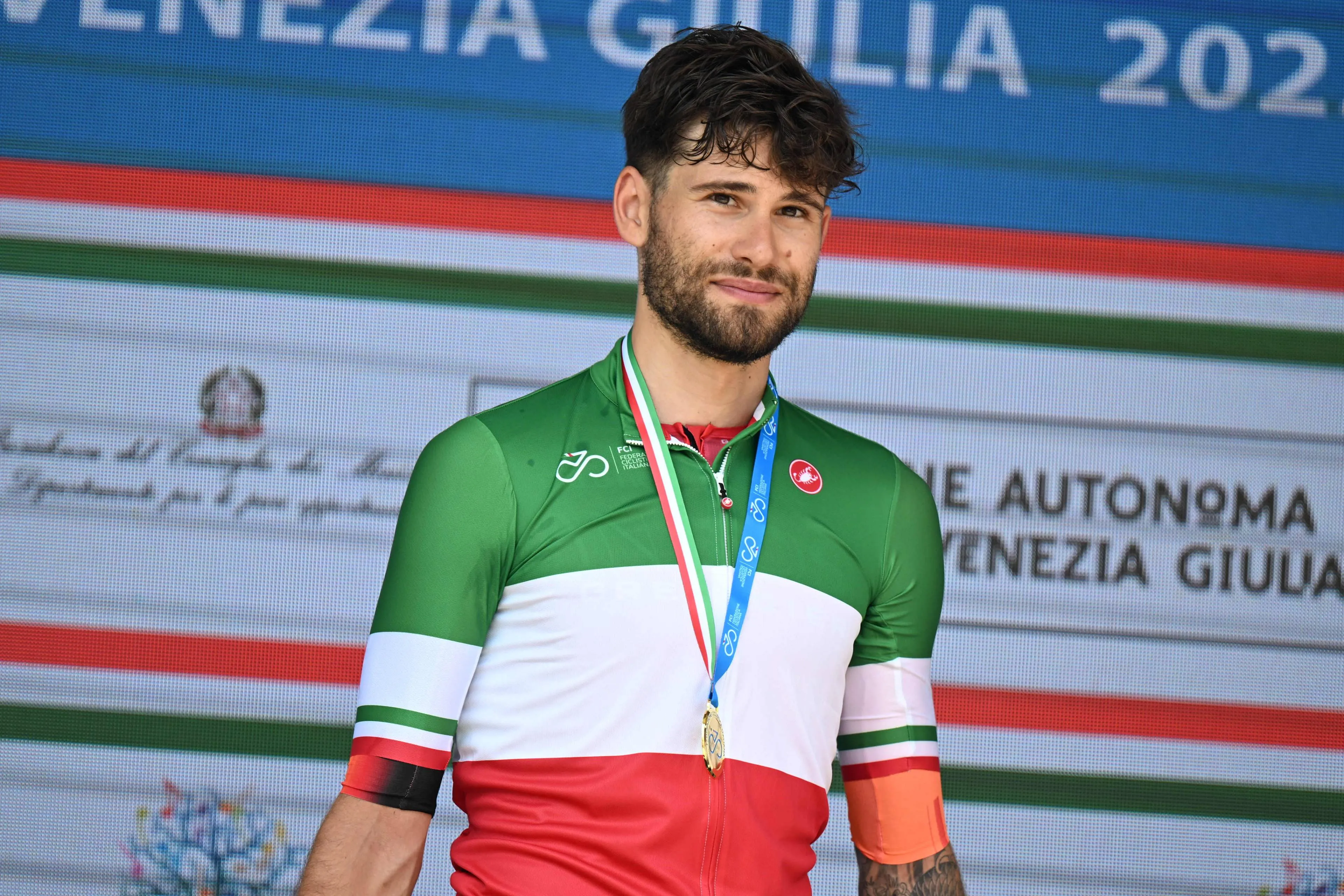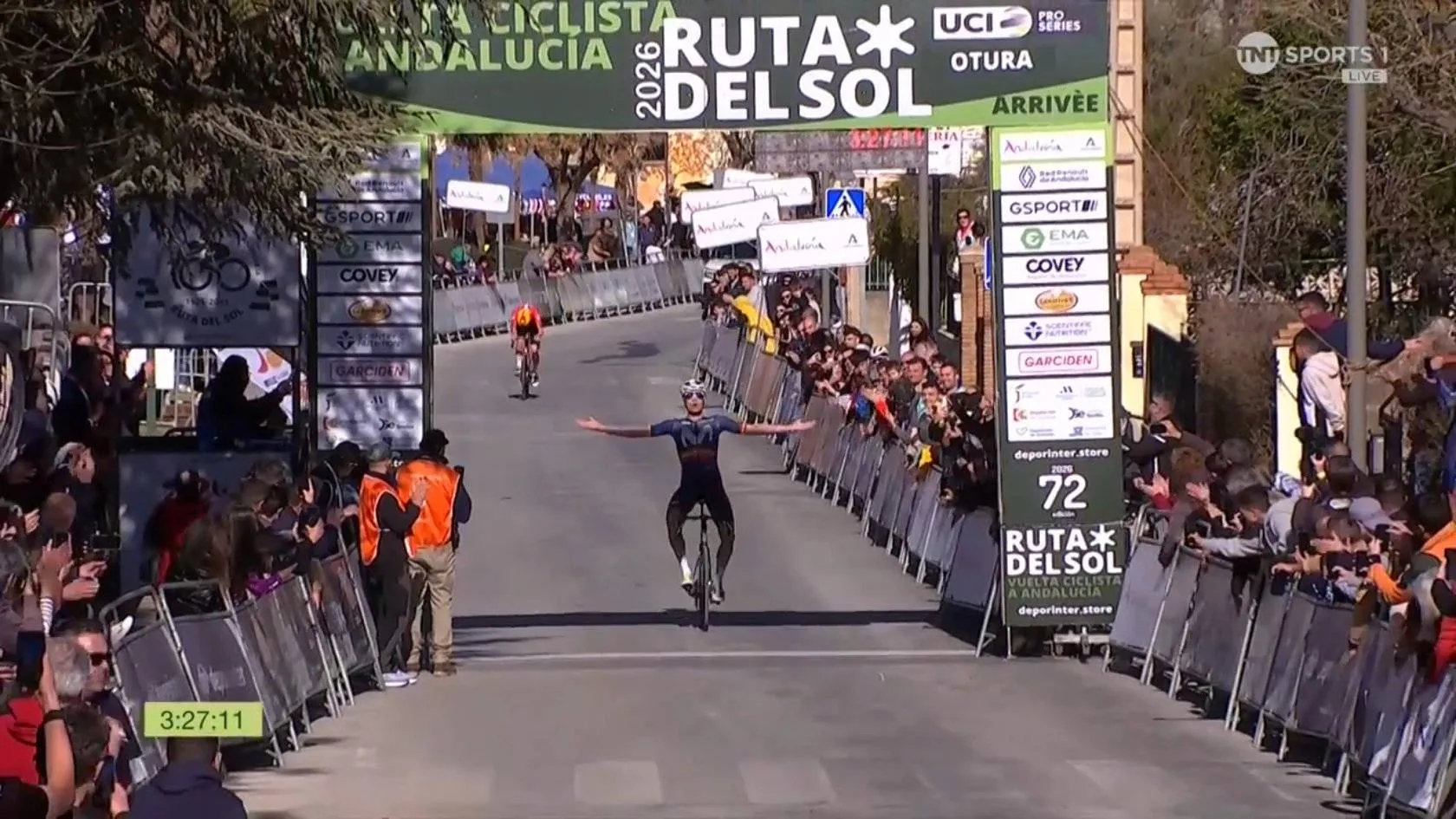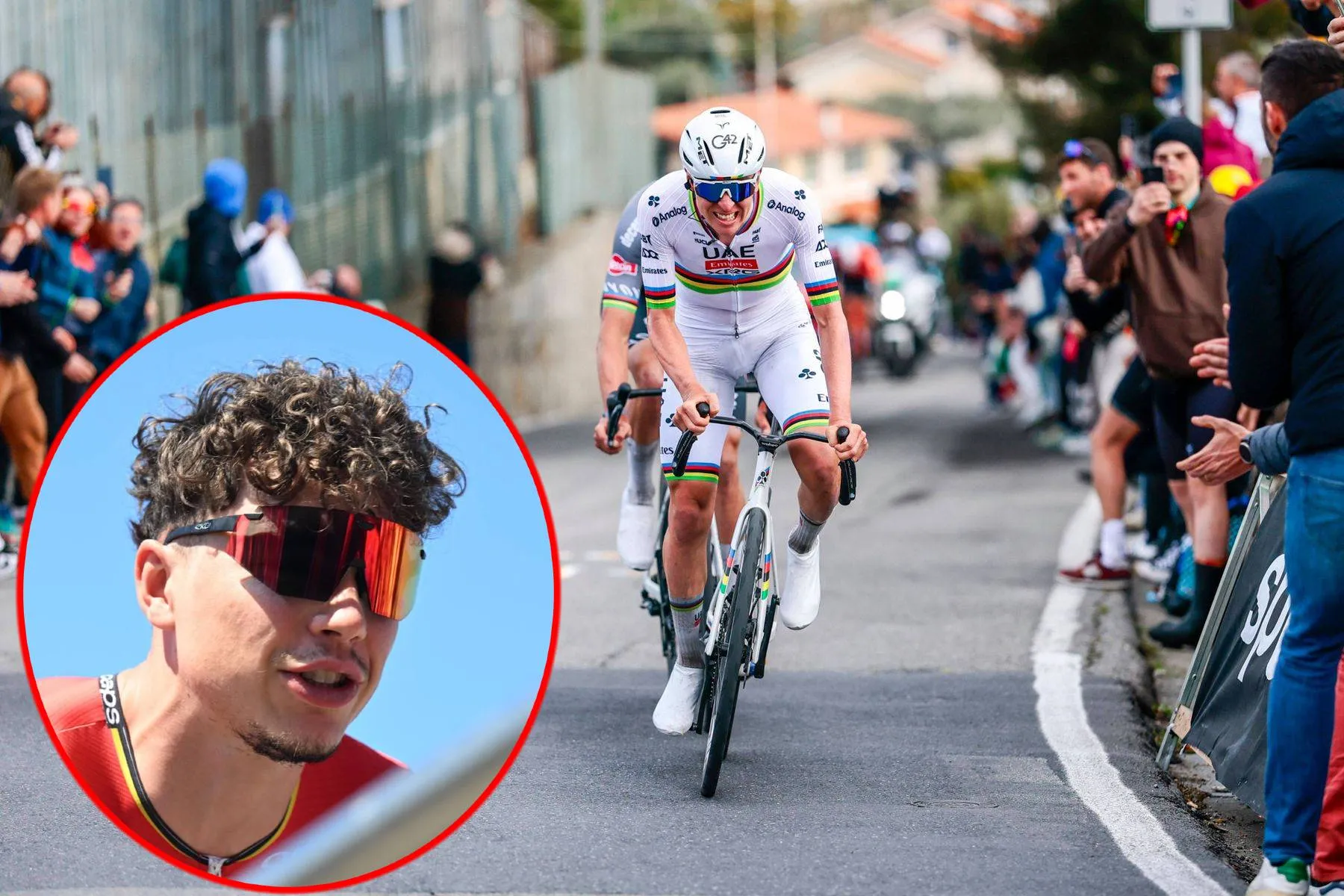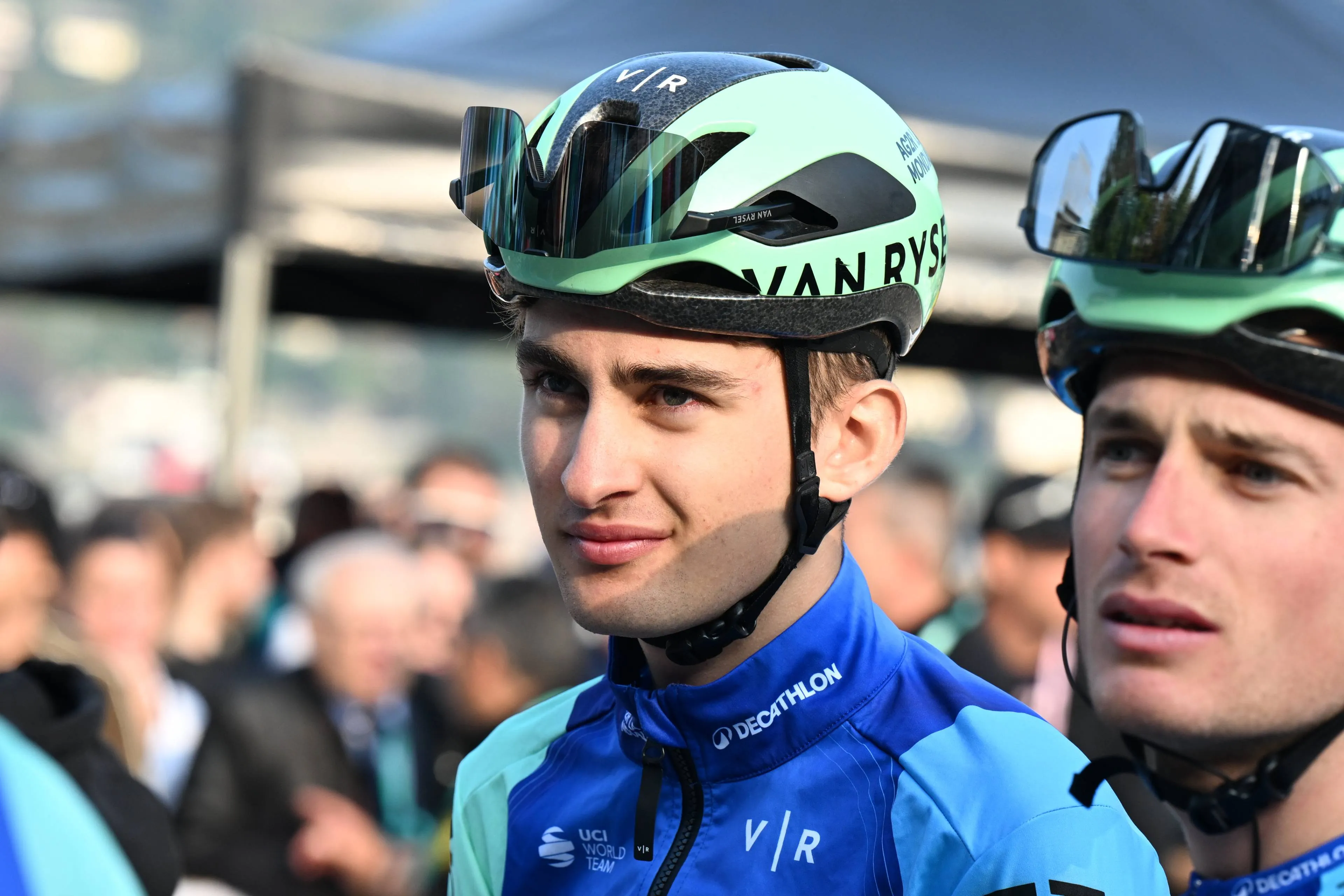"I feel a responsibility" - First Native American Tour de France rider Neilson Powless wants to inspire more from his community to start cycling
CyclingFriday, 22 November 2024 at 13:00

EF Education-EasyPost rider Neilson Powless is more than
just any cyclist, he’s the first Native American to ever race at the Tour de
France. Powless recently spoke with Men’s Health about his background, his
racing career, and how he hopes his achievements can inspire others from within
the Native American community.
The 28 year old won the Clasica de San Sebastian back in
2021, but is still searching for the elusive grand tour stage victory, despite
having worn the polka dot jersey during the 2023 Tour de France. Powless grew
up in California, away from his family’s community in Wisconsin, "For the
people there, cycling was something completely foreign," Powless says.
"But they loved that my sister and I were doing something outside the
norm."
Read also
Powless gets his athletic abilities from his mother Jen
Allred, who ran in 1992 Olympic marathon, and his older sister Shayna Powless
is also a professional cyclist.
"Cycling gave me this huge ocean of competition. I felt
like I was closer to the top level than I was in other sports."
But Powless’ motivation in cycling is about more than just
winning races, he wants to introduce more from his community into the sport.
Read also
“Native Americans have very little representation in a sport
like cycling,” he says. “I feel a responsibility to maximize the opportunities
I’ve been given.
Powless went on to emphasise the importance his grandparents
place on his native American background, and he says, “That connection to my
roots has always kept him grounded.”
Read also
The EF Education-EasyPost rider also wants to raise
awareness for Dreamcatcher Foundation, the charity started by his sister that
helps to further raise awareness for Native American communities. The
Dreamcatcher Foundation has a heavy emphasis on the high rates of missing indigenous
women, that continue to trouble the community.
Powless came closest to winning a Tour de France stage back
in 2022 on Alpe d’Huez, only to be beaten up the climb by Tom Pidcock. Powless will
be hoping to finally climb that stage win in 2025, and to inspire more Native
Americans to get involved in the sport.
claps 0visitors 0
Just in
Popular news
Latest comments
- Yes, the guy is no fluke. Even if he fails to improve over the next 15 years he’ll do damage. That young blood is going to keep the establishment working hard.Mistermaumau19-02-2026
- This excuse is harmless, just quaint and amusing. The excuse I really disliked was when he accused a mechanic of improperly adjusting his saddle, endangering the mechanic's job: blaming others for your own limitations is a serious matter.
 maria2024202419-02-2026
maria2024202419-02-2026 - ok so this is impressive - I trashed this guy all winter, get a pro win before the anointing. against a quality field. And Onley and Riccitello look good too. fun to see young blood.mij19-02-2026
- Minor flaws.... thats like suggesting Genghis Khan was a bit aggressive with other countriesslappers6619-02-2026
- Then you carry on if that's what makes you happyslappers6619-02-2026
- Fabio cannot catch a break.mij19-02-2026
- OK, today is the "air conditioner"... yesterday was a cramp... on saturday a bee will sting him in his tongue... his tongue will swell up and mustafa gets no oxygen. Because of his swollen tongue, Remco won't be able to give us a new excuse. Remco and the spanish rat Ayuso should be on the same team. They both have a ton of excuses and both of them are liars. Ad acta.Mou-Cro-HR19-02-2026
- Florian Lipowitz is secretly happy
 Rafionain-Glas19-02-2026
Rafionain-Glas19-02-2026 - The crucial thing to remember is that Remco was broken by the pace of Gall and Tiberi, not Del Toro's. Remco's excessive antics are because he doesn't want anyone to think that he's 'genuinely' struggling. You can always say 'he got cramps' because 'his preparation didn't go to plan', but the thing is that there is a limit to the number of excuses and exceptions that there can be. Eventually everyone just accepts that he's reached his ceiling on the climbs.
 Rafionain-Glas19-02-2026
Rafionain-Glas19-02-2026 - Bahraini suspicious..Santiago19-02-2026
Loading
Write a comment
